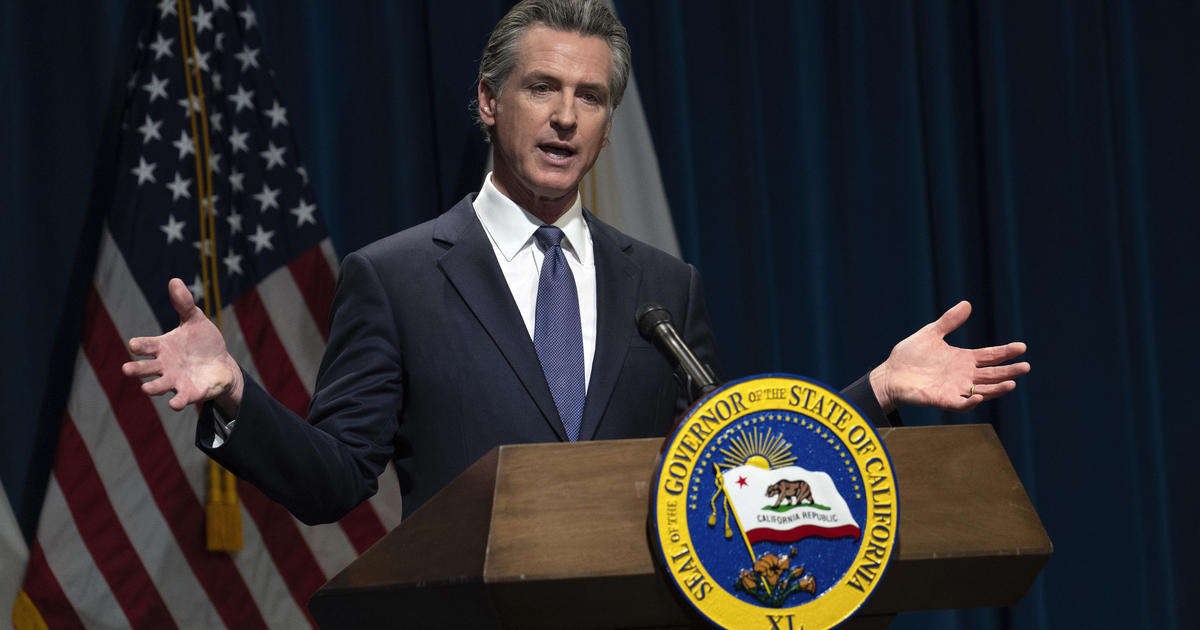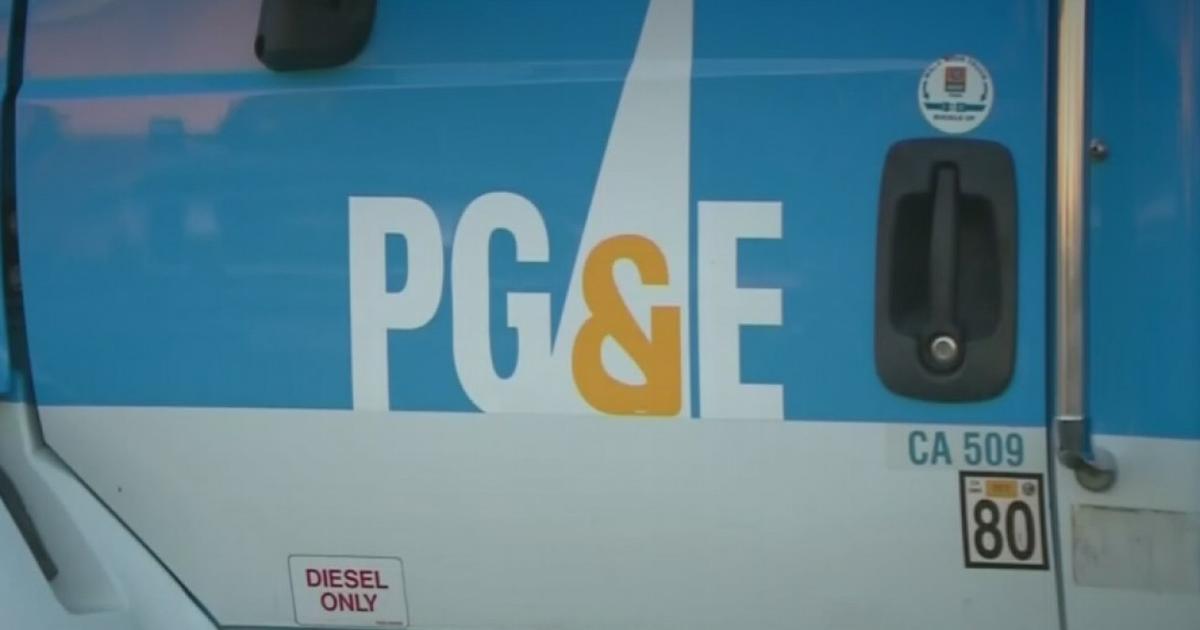Melissa Griffin: Much To Overcome For Brown, Legislature In Budget Battle
SAN FRANCISCO (CBS SF) - Optimistic projections, entrenched differences and a transparency problem are what face Governor Jerry Brown and the state legislature as they try to come to an agreement on a $92 billion dollar budget.
Last Friday, the state legislature sent the governor a $92 billion dollar budget containing extraordinarily optimistic assumptions, most of which were lifted straight from the governor's proposal. From assuming Brown's tax proposal will pass in November for an additional $7.5 billion in revenue, to predicting another $2 billion in revenue from the Facebook initial public offering, the two proposals bridge the $15.7 billion dollar gap with lots of "psychic income." (Note that the California Legislative Analyst's Office believes that the actual deficit is $2 billion dollars larger than the $15.7 assumed the legislature's budget.)
The two main sticking points between the governor and the legislature at this point are: (1) the legislature wants to withhold $250 million in redevelopment funds from counties across the state while the governor maintains that this is not legal; and (2) the legislature has rejected the governor's plan to save $880 million dollars by cutting off welfare benefits to people who cannot find work after two years instead of the current limit of four years - although people with children could continue to receive benefits, Brown would cut the average monthly amount for one child from $516 to $375.
Governor Brown vetoed the legislature's budget last year and there is speculation that he'll do it again before the final budget deadline of July 1. The real question is how a veto will be perceived by voters in November when the Governor's tax increase will be up for approval. On the one hand, by insisting that the Democrats (no Republicans are necessary to pass this majority-rules budget) make certain cuts to state welfare programs like CalWorks, the governor can position himself as a fiscal conservative worthy of being trusted with taxpayer dollars. On the other hand, a veto could alienate his union and Democratic party allies and signal further dysfunction in Sacramento, making voters less likely to agree to the taxes.
This entire budget process has exposed an issue with the majority-rules budget: transparency. When Republican votes are unnecessary, as long as Democrats trust their leadership, no one needs to have an open discussion or even read specific budget provisions before voting on them. This year, a number of last-minute amendments angered both Republicans and stakeholders who did not know the fate of certain earmarks until it was too late to act. Indeed, some Republicans have now vowed not to vote on any measure that has not been made public for at least 24 hours.
Help might be on the way, as a proposal that is currently being reviewed for this November's ballot would prohibit last minute bait-and-switches like the ones we have seen this year. Among other things, it would require that any legislation and amendment be fully available to the public for three days before the legislature can vote on it. Expect this budget process to be front and center in the argument for why this ballot measure is a good idea.
(Copyright 2012 by CBS San Francisco. All Rights Reserved. This material may not be published, broadcast, rewritten, or redistributed.)



